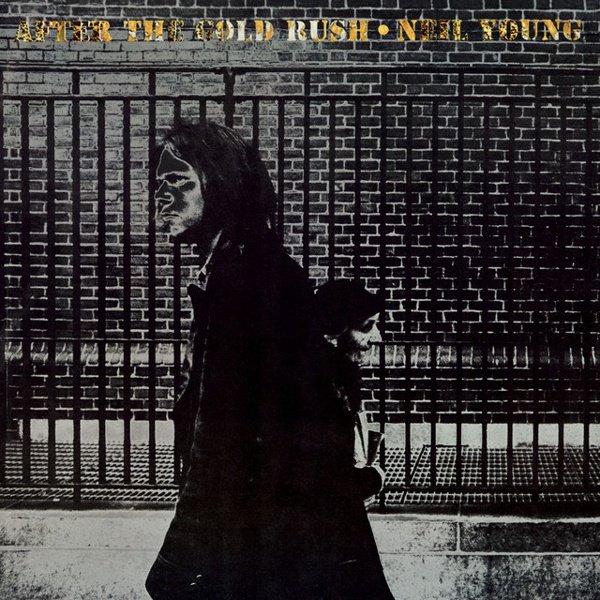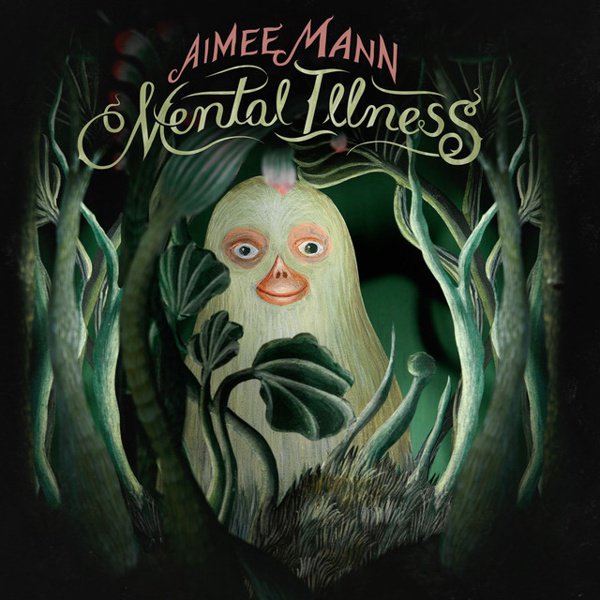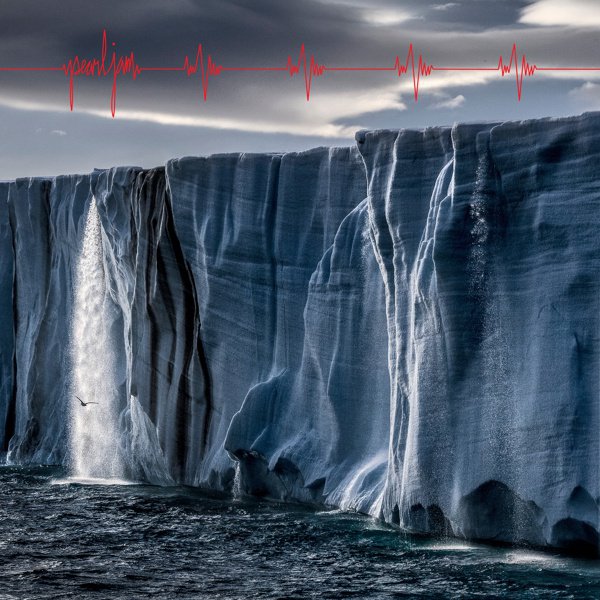
Recommended by
Mutations
This album was supposed to be Beck’s chance at using his fame to allow him a little something for the indies. But when his first album since Odelay proved to be both a daring, eclectic psychedelification of that album’s postgenre rock and a preview of his Grammy-favorite forlorn-singer-songwriter future — and it served as Nigel Godrich’s first big-deal production gig after OK Computer — you could maybe understand why DGC refused to give it up for the sole benefit of “Loser”-breaking Bong Load Records. While the bad blood and lawsuits caused by this stunt were eventually settled, Mutations and its left-field, expectation-dashing presence as a mainline major-label release actually made for a better mainline stepping stone than an indie make-good detour. Beck’s abstract lyrical arcana is still a pillar of his songwriting, but it’s to far less frivolous ends than the “Where It’s Still At” that folks might’ve been holding out for. Instead, the imagery of exurban decay and weatherbeaten faded hopes that gnaws at the margins of his best ’90s work is more explicitly raw-nerved. He sounds a bit more like a bemused, cynical expat than a starry-eyed tourist on MPB excursion “Tropicalia,” worrying the remnants of bossa through his agitated fingers as he mulls over the colonialist, dictatorial past of some former jet-set destination in decline. His first and best real foray into whatever you might consider “Beatlesque” lands like a weighted blanket in leadoff cut “Cold Brains,” a gracefully ’70s-addled alt-country-via-solo-George Harrison number that’s put to the stunning ends of expressing an almost fatal level of depressed exhaustion. And then the chamber psychedelia of “Nobody’s Fault But My Own” wakes up from that fugue, only to face an almost unbearably bleak realization that being in control of your own destiny can just wind up dooming you to the responsibility of going it alone. “Lazy Flies,” “Dead Melodies,” “Sing It Again” — these are songs with all the despair and loneliness that made Sea Change a critical darling, but delivered with the kind of sour yet perceptive beat-poetry discontent that could make for some less-hyperbolic-than-usual ’66 Dylan comparisons. And for its last trick, Mutations springs one of the all-time great mood-breaking bonus cuts of the secret-track CD era on you, the Kinks-go-Sonic Youth-and-back-again “Diamond Bollocks,” which takes a thousand-yard stare into a once-resplendent past (“looking back at some dead world that looks so new”) and squeamishly wonders what on earth could’ve happened to it.












